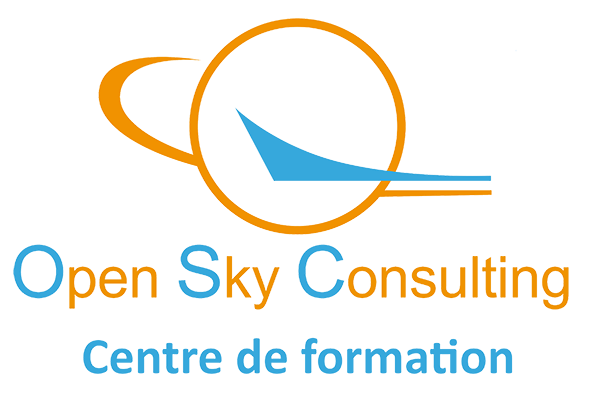
Training objectives :
At the end of this training course, participants will have a solid understanding of the link between human factors and safety management.
Contents / Key concepts to be covered
-Introduction to human factors Intellectual limits and capacities
Teamwork and communication Notion of error and decision-making Vigilance attention fatigue stress
Chapters :
Part 1: Generalities and Introduction to Human Factors
The need to take the Human Factor into account
Safety: the central objective of the course
Accident frequency and future risks
Reason’s model
Incidents and Accidents attributable to Human Factors/Human Error
Murphy’s Law
The air transport system
Unsafe acts
Operator reliability
System reliability
Safety culture
Reaction of human organizations to danger
The failure chain
Accident investigation
The evolution of the consideration of Human Factors
Levels of study of Human Factors
Man and the environment
Contribution of CRM and FH to this model
Part 2: Stress: domestic and work-related
The physiological mechanism of Stress
The 03 phases of Stress
Entry into Stress
Objective Stressors
Subjective stressors
Effect of Stress on intellectual capacity
Effect of Stress on behavior
Reaction to Stress
Preventing and reducing Stress
Part 3: Human psychological capacities and their limitations
Some definitions
Cognitive psychology
Human capacities
Perception
Action
Mode of reasoning
3.4. Resources and limits of human performance
Fitness/Health
Vision
Hearing
Memory
Limitation Attention and Perception
Limitation Stress
Limitation Communication
Cognitive resources
Information processing capacity
Claustrophobia and physical access
3.5- Resource management and workload
Workload
Factors influencing workload
Time pressure and deadlines
Sleep and fatigue, shift work
Medication abuse
Workload regulation
Under/overload
Workload Management
3.6- Physical environment
Noise and smoke
Lighting
Climate and Temperature
Movement and Vibration
Working environment
3.7- Tasks
Physical work
Repetitive tasks
Visual inspection
Complex systems
3.8- Anderson’s model
3.9- Know-how
3.10- Expertise and anticipation
3.11- Understanding the situation
3.12- Action project
3.13- Human error
Definition of Error
Typology of error in maintenance tasks
Mechanism of Error
Error models and theory
Failure and Fault
Implication of errors (i.e. accidents)
Error Inducers
Error Limiters, Error Avoidance and Error Management
3.14- Hazards in the workplace
3.14.1 Hazard identification and avoidance
3.14.2. Handling emergencies
3.15- Understanding aids
3.15.1. Briefing
3.15.2. SOP’s
3.15.3. Check-list
3.15.4. Learning and Experience
Part 4: Crew Resource Management
4.1- The team
4.2- Leadership
4.3- Communication within and between teams
4.4- Work breakdown and recording
4.5- Keeping up to date, in progress
4.6- Automation
4.7- Representing the situation
4.8- Dissemination of information
4.9- Decision-making
Part 5: Social psychology
5.1- Responsibility: individual and group
5.2- Motivation and de-motivation
5.3- Peer pressure
5.4- Culture-related problems
5.5- Teamwork
5.6- Management, supervision and leadership
Methods, teaching aids and equipment
Theoretical methods with course materials (in Arabic) Computer, Video projection
